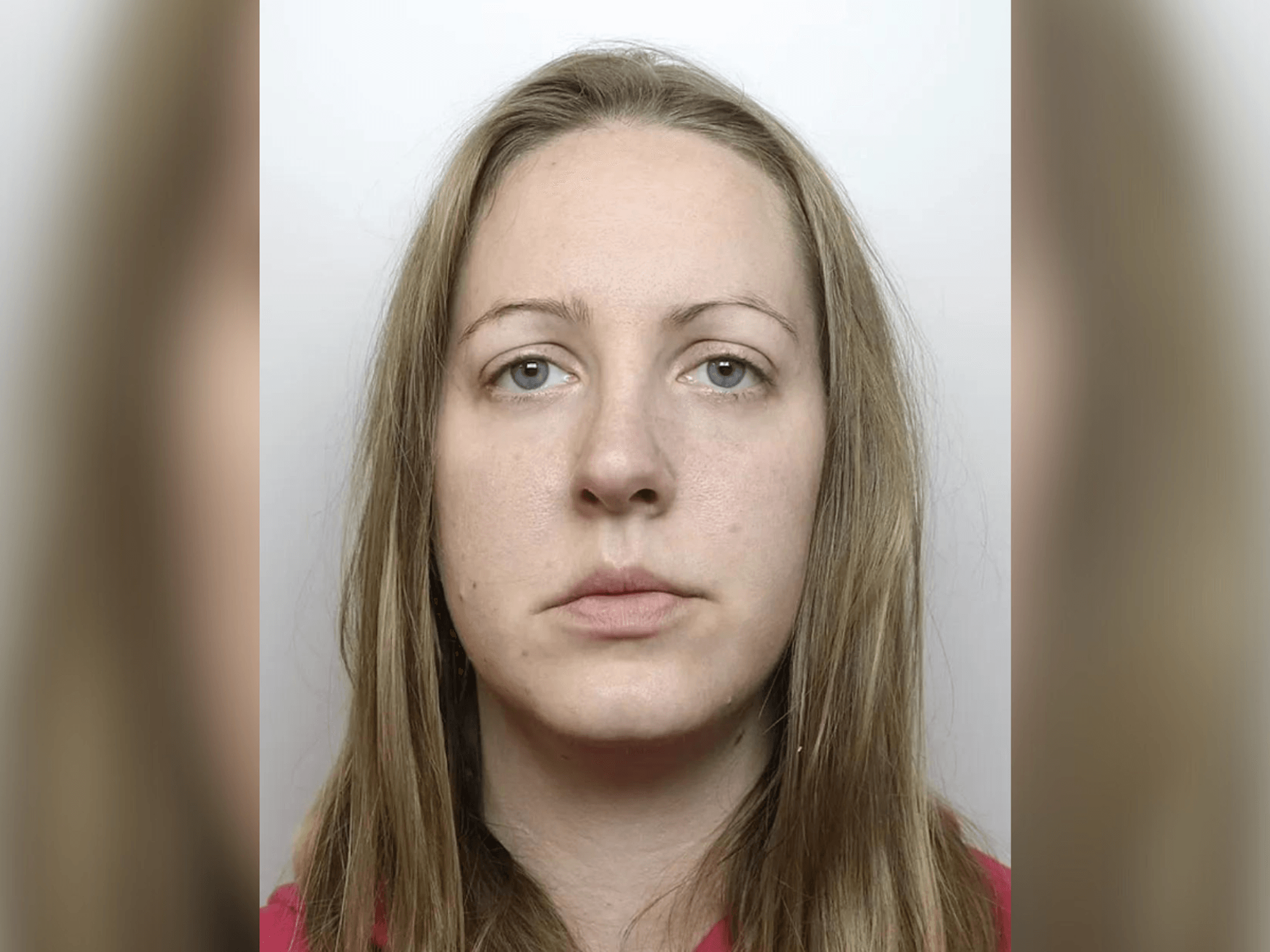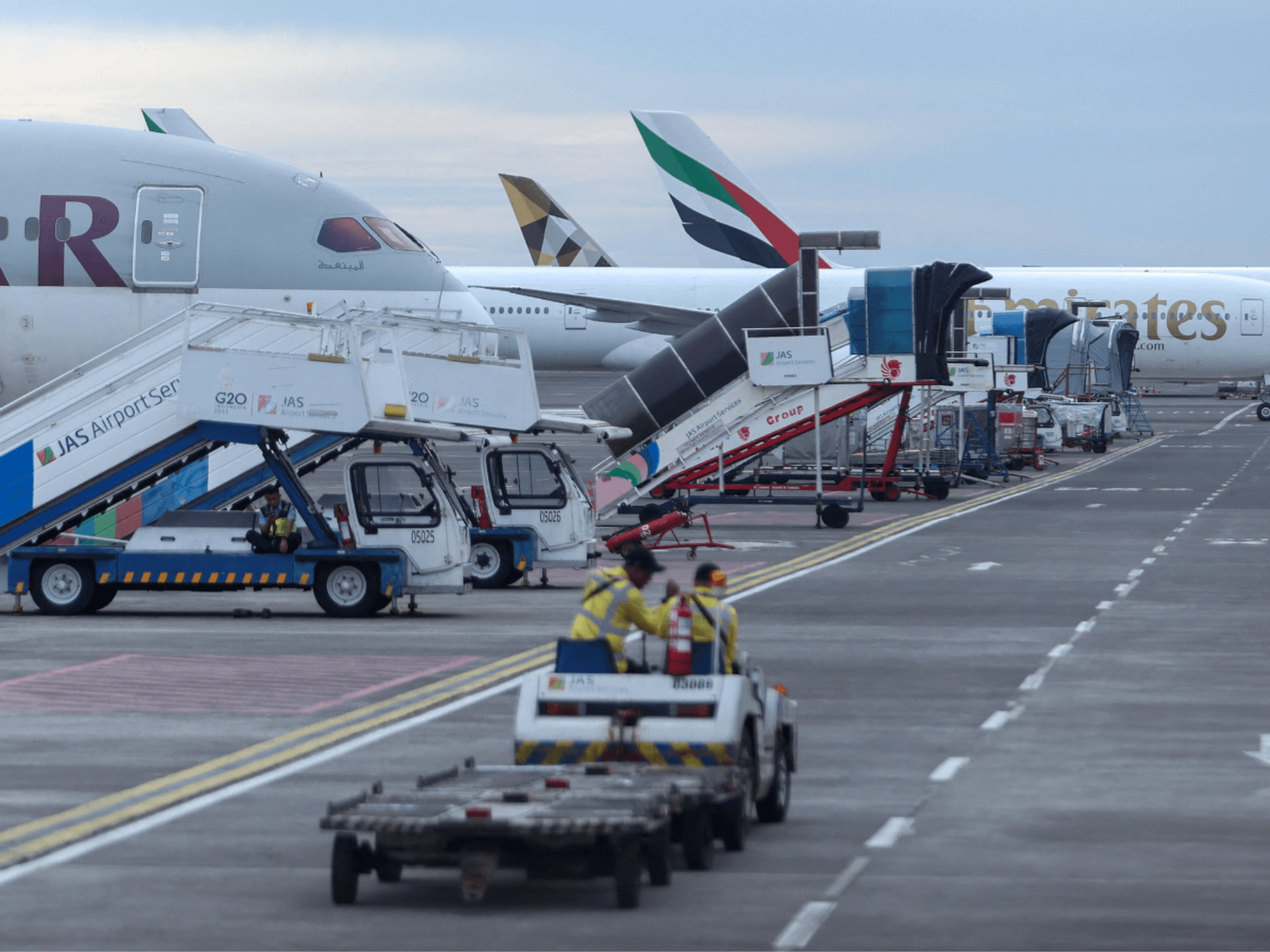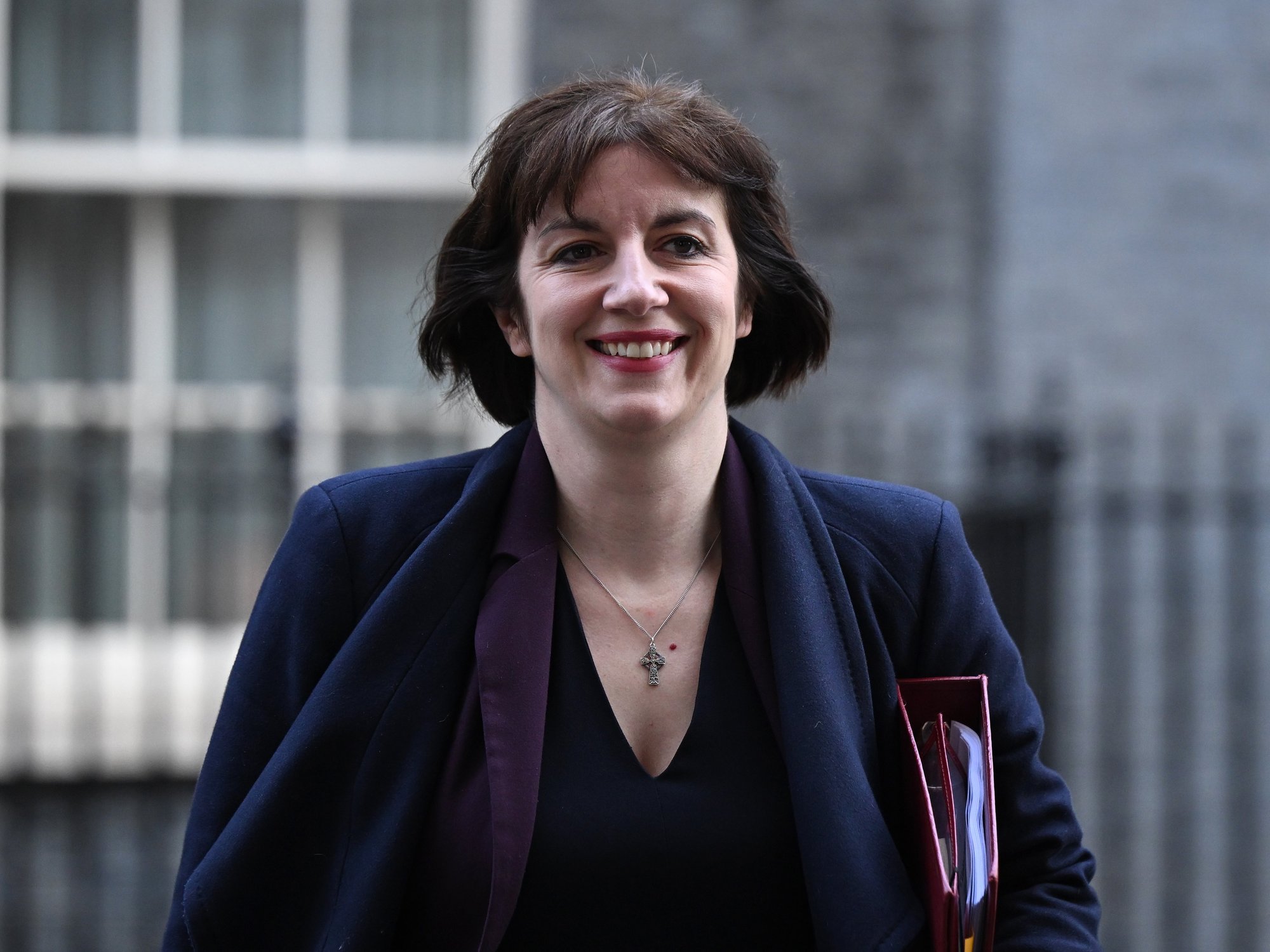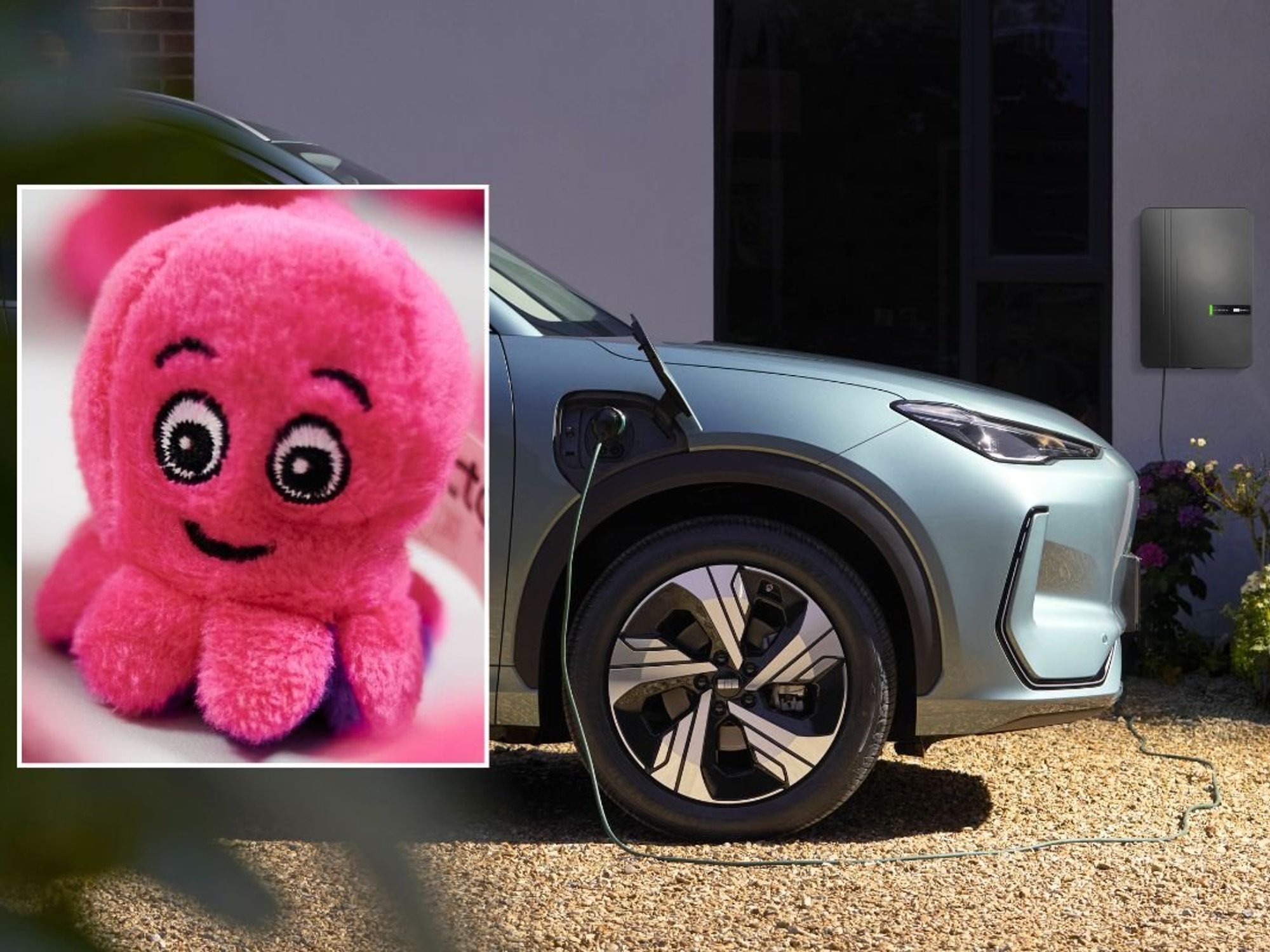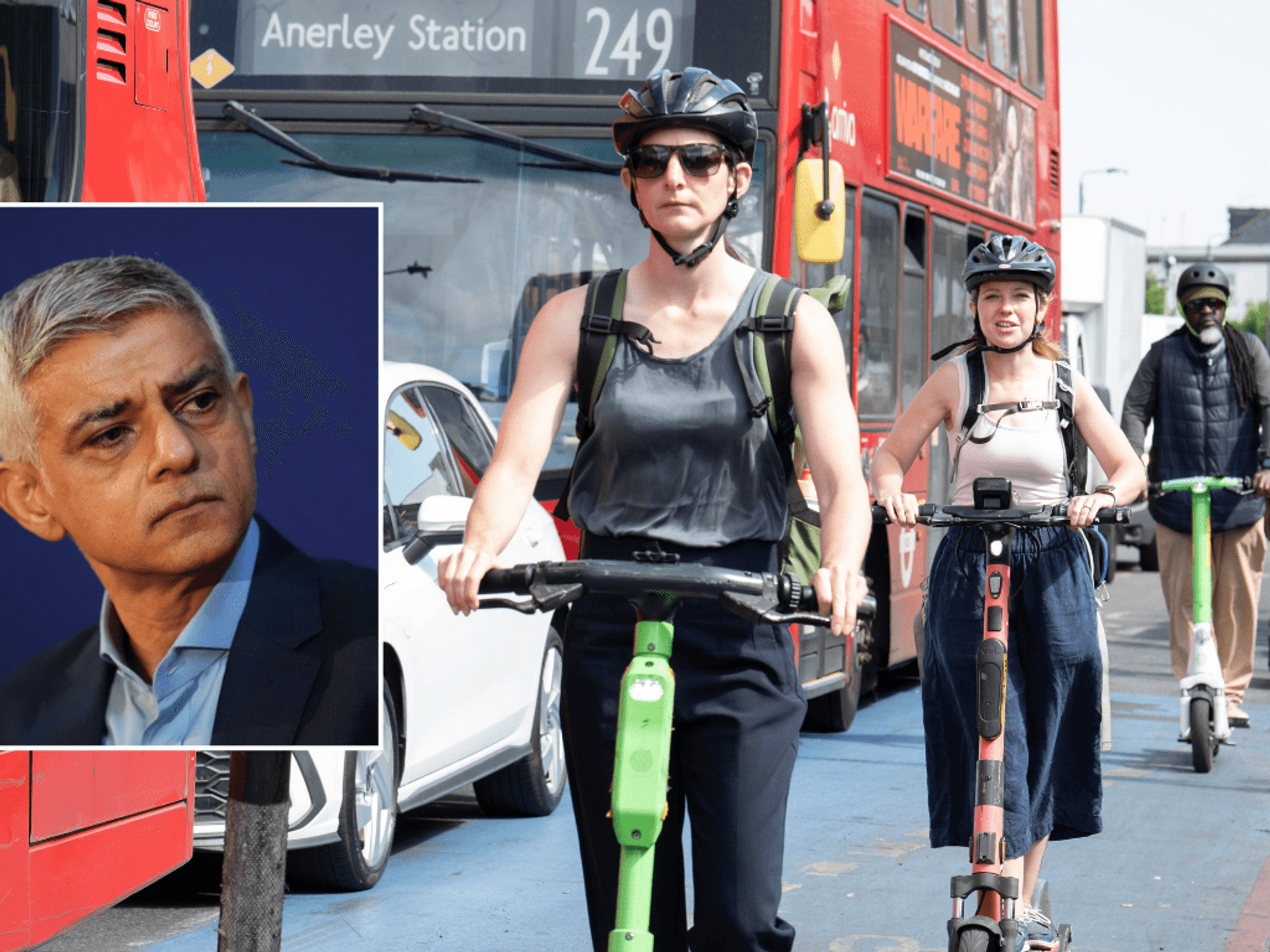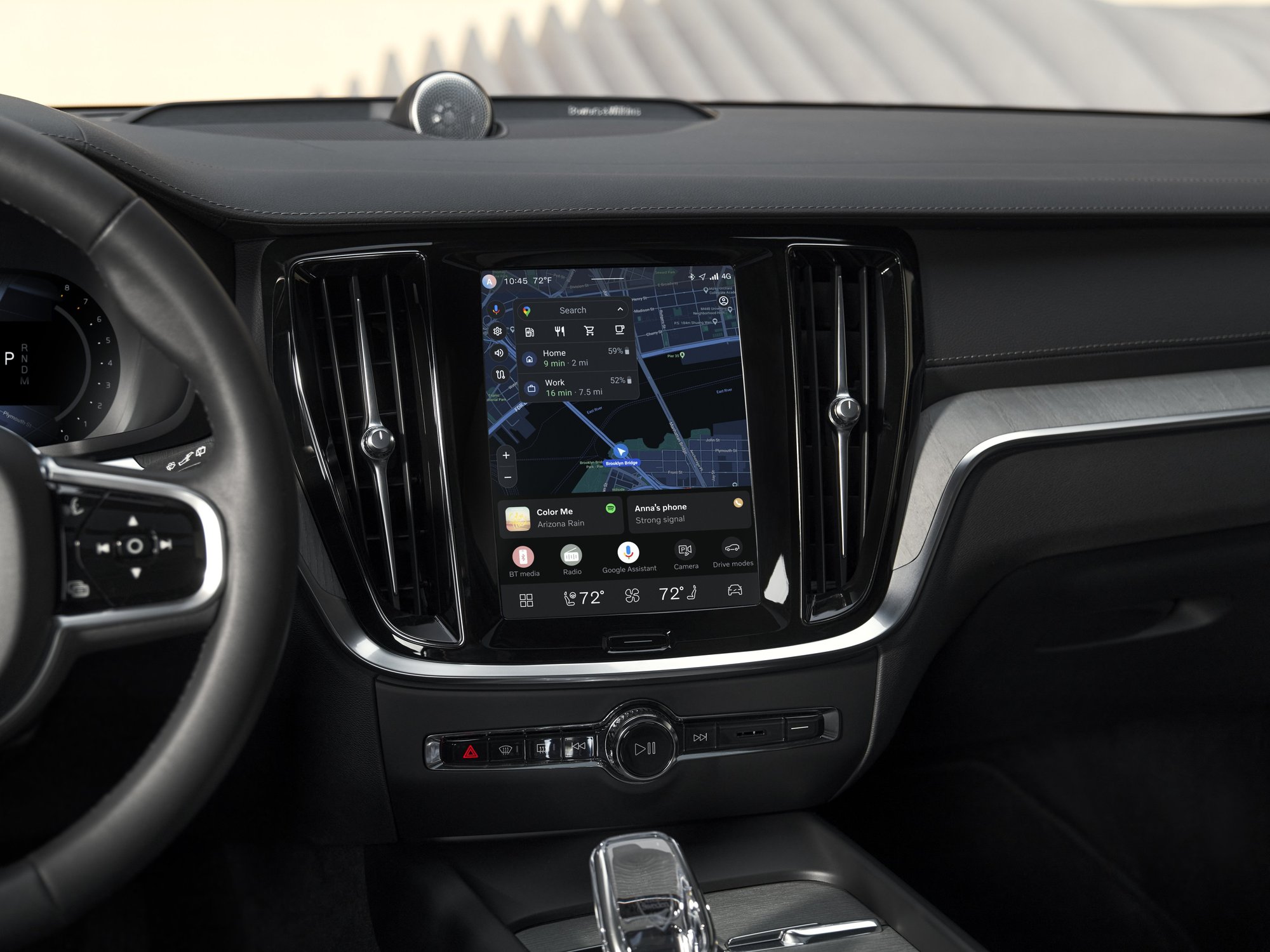Young motorists face driving bans and imprisonment for breaking major road rules as offences soar

WATCH: Quentin Willson discusses AA calls for limits on new drivers
|GB NEWS

Drink-driving offences have been found to spike during festival seasons
Don't Miss
Most Read
Latest
Young motorists have been warned they could be hit with mandatory driving disqualifications if caught behind the wheel while intoxicated.
The warning comes after research showed that 49 per cent of people aged between 16 and 34 have accepted lifts from drivers who might have been over the legal limit.
The findings emerge as thousands prepare for this weekend's major music events across Britain, including Reading, Leeds and Creamfields festivals.
**ARE YOU READING THIS ON OUR APP? DOWNLOAD NOW FOR THE BEST GB NEWS EXPERIENCE**
Thames Valley Police recorded a 33 per cent surge in arrests for impaired driving during last year's Reading Festival, highlighting the persistent danger.
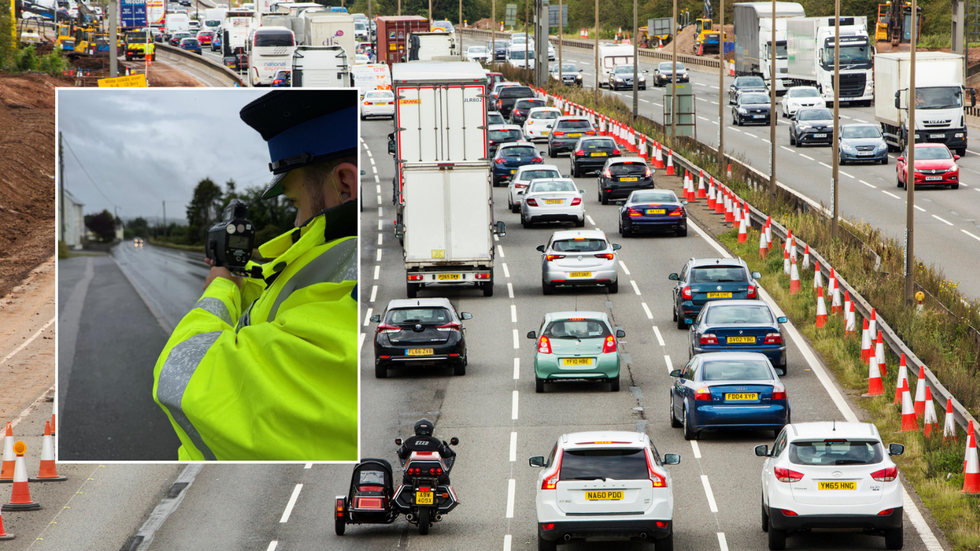
Last year, police recorded a 33 per cent increase in drink-driving cases after major UK festivals
| DEVON AND CORNWALL POLICE/GETTYThe survey exposed concerning generational patterns, with 52 per cent of millennials and 43 per cent of Generation Z admitting to travelling with potentially intoxicated drivers.
The problem becomes more pronounced amongst older age groups, with just 27 per cent of Generation X respondents reporting similar experiences.
Bryn Brooker, Nextbase's Head of Road Safety, warned that "festival season should be about enjoying the music and the atmosphere, but there is always the worry if you or your designated friend is safe to drive."
He emphasised that substances can severely affect driving capabilities even when consumed the previous evening. "The reality is that drugs and alcohol can seriously impair driving, even when taken the night before, and too many people take that risk without realising the consequences," Mr Brooker stated.
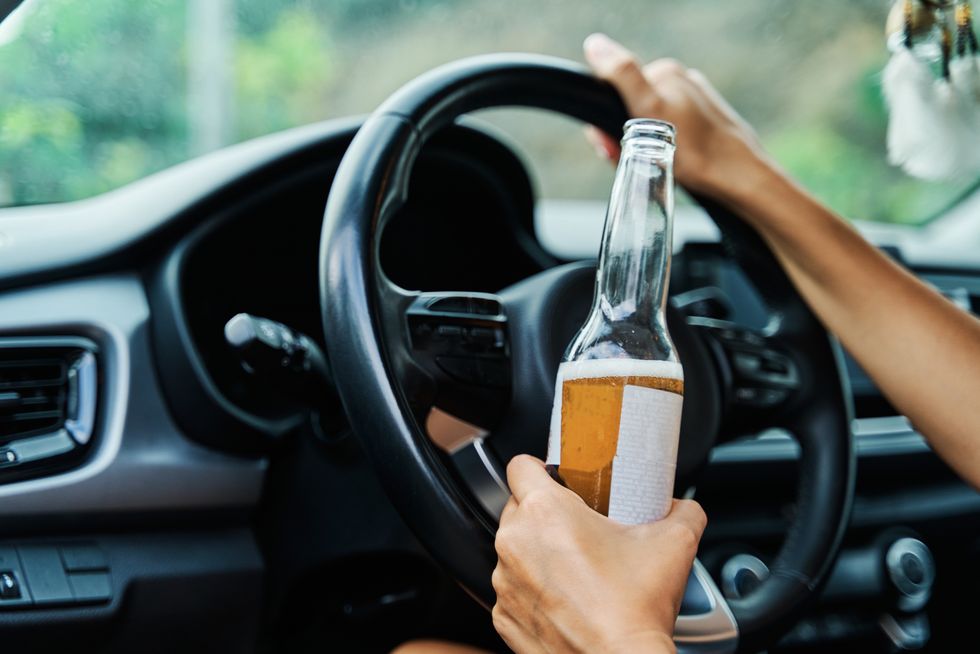 The drink-drive limit is 35 micrograms of alcohol per 100 millilitres of breath | GETTY
The drink-drive limit is 35 micrograms of alcohol per 100 millilitres of breath | GETTYThe research also found that 75 per cent of participants believe drug-impaired driving has become a more significant issue compared to recent years, with 67 per cent of 16 to 24-year-olds sharing this concern.
Mr Brooker recommended establishing transport arrangements before attending events, ensuring designated drivers maintain strict alcohol limits or abstain entirely the previous evening.
He cautioned against last-minute driver changes or assumptions about someone's fitness to drive based on appearance alone.
"Having a clear plan reduces the temptation for last-minute regrettable decisions," he advised, suggesting attendees might benefit from departing later to avoid early morning journeys while fatigued.
LATEST DEVELOPMENTS:
For those uncertain about their alcohol levels, Brooker suggested utilising breathalysers, available from £3 for single-use versions. However, he stressed these devices aren't completely reliable and should serve merely as guidance.
"'Knowing your limit' doesn't always equal being under the legal limit," he explained, adding that complete abstinence remains the safest option when driving responsibilities exist.
Experts explained that the body requires approximately one hour to metabolise a single unit of alcohol, though this varies based on food consumption, sleep deprivation, physical condition and activity levels. A pint of lager typically contains two to three units, while canned wine measures around two units per serving.
This means festivalgoers who stop drinking during final performances may remain above legal limits well into the following morning. "Alcohol can stay in your system much longer than you realise," Mr Brooker cautioned, noting that feeling fine doesn't guarantee legal compliance.
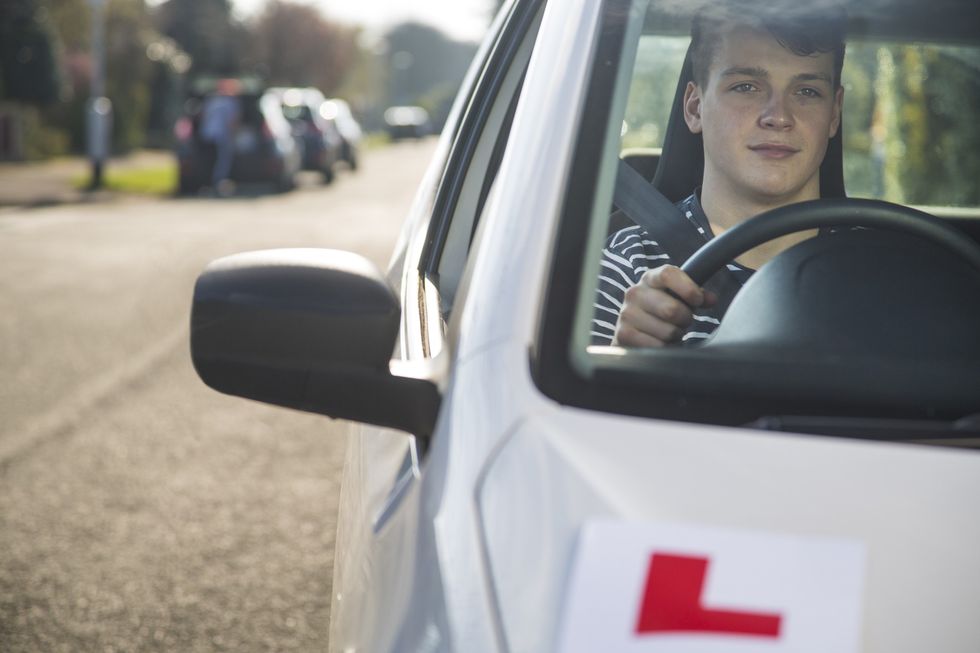
Young drivers are more likely to drink and drive after attending a festival
| GETTYVarious drugs also present even greater risks, with substances like cannabis, cocaine and MDMA potentially remaining detectable for days or weeks.
These can compromise driving abilities throughout the entire following day, regardless of perceived sobriety. "Don't rely on coffee, sleep, or a big breakfast to sober you up; only time can do this," he emphasised.
Mr Brooker urged festival attendees to intervene when friends consider driving after consuming alcohol or drugs. "Sometimes the safest thing you can do is stop a friend from driving," he said, acknowledging that nearly half of young people still accept lifts despite uncertainty about driver sobriety.
Motoring laws impose severe penalties for impaired driving, including a minimum 12-month ban, unlimited fines and a potential six-month imprisonment. Criminal records remain on driving licences for 11 years, affecting employment prospects, visa applications and insurance costs.





